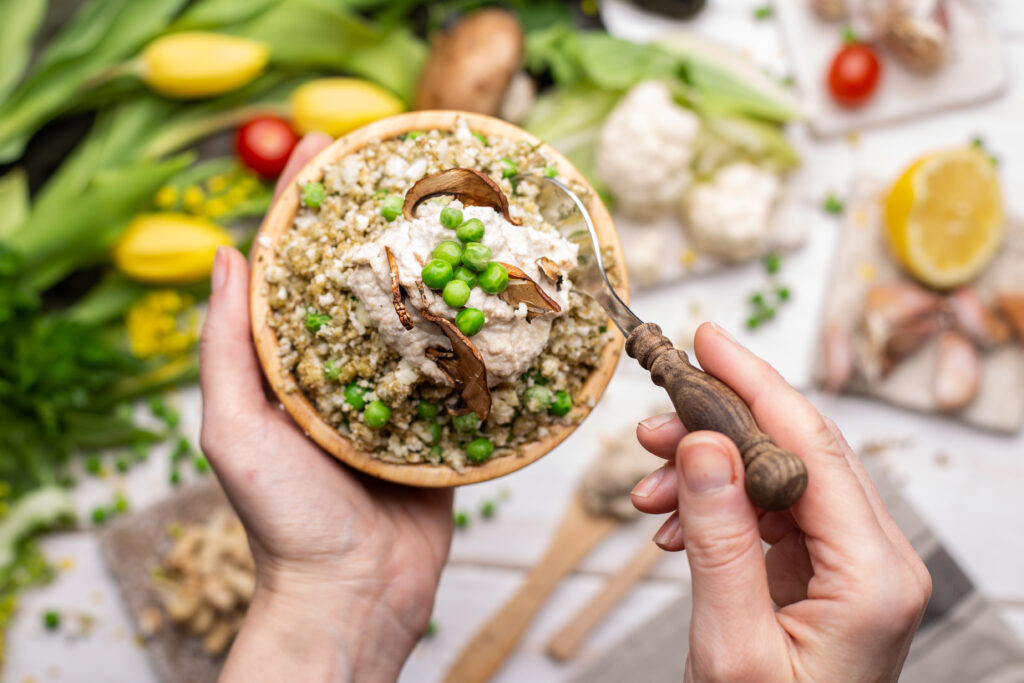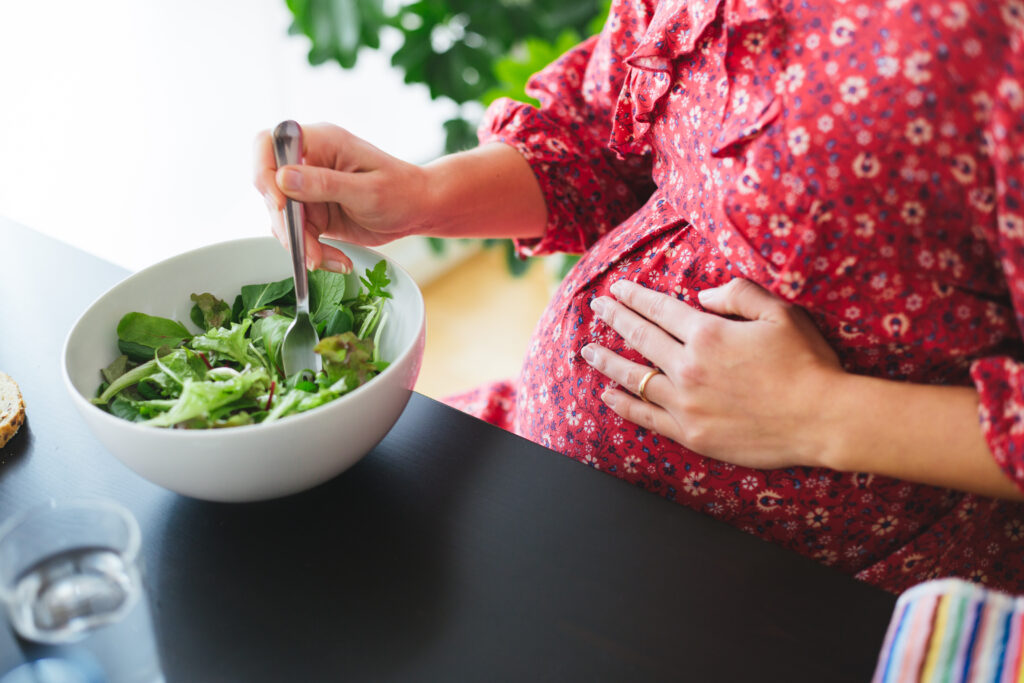Your diet plays a crucial role in your overall health, but did you know it can also impact your fertility? If you and your partner are trying to conceive, focusing on the right foods can boost your reproductive health and increase your chances of pregnancy.
The fertility diet is designed to provide essential nutrients that support hormonal balance, improve egg and sperm quality, and create the best conditions for conception. By making smart food choices, you can naturally enhance your fertility and improve your odds of getting pregnant.
In this article, we’ll explore how diet influences fertility, the best and worst foods for conception, and how you can create a meal plan that supports your reproductive health.
How Diet Affects Fertility
The Role of Hormones in Conception
Fertility is deeply connected to hormones like estrogen, progesterone, and insulin. Eating a balanced fertility diet helps regulate these hormones, ensuring your body is in the best condition for conception. Unhealthy diets high in processed foods can lead to hormonal imbalances, making it harder to conceive.
Impact of Nutrient Deficiencies
A lack of key nutrients such as folic acid, iron, and omega-3 fatty acids can negatively affect reproductive health. Deficiencies in these essential vitamins and minerals may lead to irregular ovulation, poor egg quality, or low sperm count.

The Connection Between Weight and Fertility
Being underweight or overweight can interfere with ovulation and sperm production. A fertility diet focuses on maintaining a healthy weight through balanced nutrition, supporting optimal reproductive function.
Key Nutrients for a Fertility-Boosting Diet
Eating the right nutrients is vital for boosting fertility. Here are some essential ones:
- Folic Acid – Essential for healthy egg development and preventing birth defects. Found in leafy greens, citrus fruits, and beans.
- Iron – Supports oxygen transport to reproductive organs. Found in lean meats, spinach, and lentils.
- Omega-3 Fatty Acids – Reduces inflammation and improves egg quality. Found in fatty fish, flaxseeds, and walnuts.
- Antioxidants – Protects eggs and sperm from damage. Found in berries, nuts, and dark chocolate.
Best Foods to Include in the Fertility Diet
Leafy Greens and Vegetables
Spinach, kale, and broccoli are rich in folic acid and iron, both essential for reproductive health.
Whole Grains
Quinoa, brown rice, and oats provide complex carbohydrates that stabilize blood sugar levels and support hormone balance.
Healthy Fats
Avocados, nuts, and olive oil contain monounsaturated fats that promote good hormone function.
Lean Proteins
Eggs, chicken, and fish are packed with protein and essential nutrients that aid in conception.
Foods to Avoid for Better Fertility
To optimize your fertility, it’s essential to eliminate certain foods:
- Processed Foods – High in trans fats and additives that disrupt hormone balance.
- Excess Sugar – This leads to insulin resistance, which can affect ovulation.
- Caffeine and Alcohol – Linked to lower fertility rates in both men and women.

The Role of Hydration in Fertility
Drinking enough water is key to a successful fertility diet. Staying hydrated helps regulate cervical mucus, which is essential for sperm transport and implantation. Herbal teas, such as ginger and raspberry leaf tea, can also support reproductive health.
Fertility Diet for Men: What Partners Should Eat
Men’s fertility is equally influenced by diet. Foods rich in zinc, vitamin C, and omega-3s can improve sperm count and motility. Some of the best foods for male fertility include:
- Oysters and pumpkin seeds (rich in zinc)
- Citrus fruits (high in vitamin C)
- Fatty fish like salmon (loaded with omega-3s)
Lifestyle Habits That Complement the Fertility Diet
A healthy diet alone is not enough; lifestyle choices also play a significant role. Regular exercise, stress management through meditation, and getting enough sleep all contribute to better reproductive health.
When to Seek Professional Help for Fertility
If you’ve been trying to conceive for over a year without success, it might be time to seek medical help. Fertility specialists can assess potential issues and recommend treatments like IVF.
For couples looking for the best fertility treatment, Lifeline Hospital in Kerala is a top-rated IVF center known for its success rates and advanced reproductive care.
Conclusion
A well-balanced fertility diet can make a significant difference in your journey to parenthood. By focusing on nutrient-rich foods and maintaining a healthy lifestyle, you can improve your chances of conception naturally. Start making small changes today, and take proactive steps toward your fertility goals.


